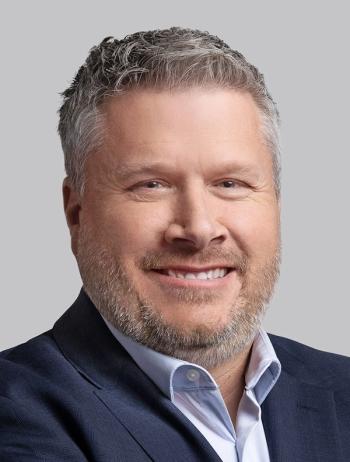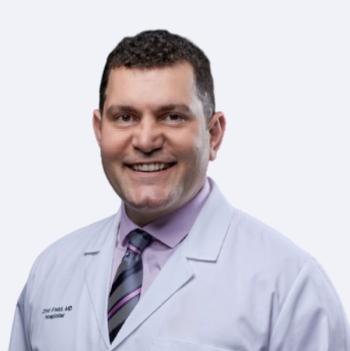
Thank you for defense of physicians who talk with pharma reps
In response to “Stop suggesting physicians are ‘bought’ through pharma gifts,” (First Take, November 25, 2017), [you were] right on with your comments. I have been in full private practice for 37 years at the same location. We have excellent communication with our pharmaceutical reps and yes, at times they offer lunches. This affords us the time to sit, learn and listen to new products, services and devices which may be useful in my practice.
Some of my colleagues who are “owned” by insurance companies and hospitals are forbidden to visit with reps, and often, they fall far behind in new and innovative product education updates. Never-and I mean never-have I been pressured, coerced or offered any form of payment or felt indebted for visiting with our reps.
Reps are polite, hard-working individuals who are finding their jobs more and more difficult and scarce. Our honor is impugned and our integrity is trashed with this kind of talk, even from our very own. It is so sad. If there is a case of “money to write my drug,” then reprimand the doctor and pharma rep and make it public, but leave the rest of us good doctors alone!
Why not look at the politicians and lobbyists and the millions given to them in the “pay-for-play” nasty Washington games or the downright “buy yourself a politician” schemes that run rampant. It’s despicable.
Robert Habig, MD
Carmel, Indiana
Better access to drug price information needs to be addressed
I totally agree with Paul Brient that easy access to price information is vital if we are to effectively control costs (The Last Word, October 10, 2017). I have found that even when I am actively seeking the cost of something, that information can be difficult to come by.
I recently saw a patient for a simple UTI. She told me that she doesn’t have prescription coverage and asked that I please prescribe something inexpensive. She was allergic to sulfa, so I planned to order nitrofurantoin. To avoid any surprises at the pharmacy, I even called her pharmacist before writing the prescription. He assured me that it would be cheap: “under $20.”
Off she went with the prescription. Sure enough, a short time later I got a call from the very same pharmacist informing me that nitrofurantoin was too expensive. The actual cost was $39, nearly double what he had told me. I changed to ciprofloxacin which turned out to be a lot cheaper. So even my taking the time to research the price before ordering the medication wasn’t enough to avoid sticker shock at the cashier.
If the person selling the medicine doesn’t even know how much it costs, how are doctors and patients supposed to figure it out?
Steven Gitler, DO
Cherry Hill, New Jersey
Newsletter
Stay informed and empowered with Medical Economics enewsletter, delivering expert insights, financial strategies, practice management tips and technology trends — tailored for today’s physicians.






